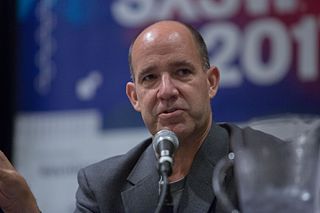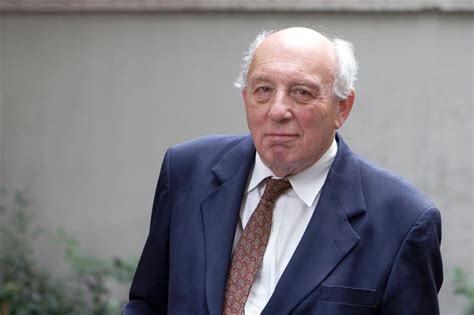A Quote by Kristen Soltis Anderson
I do not think it is a coincidence that young people gravitated toward populist voices in the French election and that the two issue positions where Donald Trump and young voters seem to agree most - global engagement and trade - are rooted in populism.
Related Quotes
Has Donald Trump ever called himself a populist? I don't think Donald Trump's ever called himself a populist. I think other people have called him a populist, and other people have called Steve Bannon a populist. But I don't think Trump's ever called himself that and he may not know what one is, within the political realm or definition. He's not a political person, and that I think is leading to many people having just a devil of a time translating the guy, analyzing the guy, predicting the guy, projecting the guy.
At the same time, you had Barack Obama as a president. You had Hillary Clinton on track, all the Democrats looking good. And, you know, Donald Trump was just an entertaining buffoon to watch. And, over time, you came to realize that Donald Trump was appealing to a lot of people with his populist message. And, slowly, I think, even as a show, we started shifting in tone as the election started shifting.
I think primary voters have a right to know. And Donald's Trump excuse of it that he's being audited, look, that makes it even more important for him to release his taxes, so that voters can see if there is - Mitt Romney suggested there could be a bombshell there. I don't know if there is or not. But Donald is hiding them from the voters, and I think he owes candor to the voters.
Populism is folkish, patriotism is not. One can be a patriot and a cosmopolitan. But a populist is inevitably a nationalist of sorts. Patriotism, too, is less racist than is populism. A patriot will not exclude a person of another nationality from the community where they have lived side by side and whom he has known for many years, but a populist will always remain suspicious of someone who does not seem to belong to his tribe.
Part of the reason [Donald Trump] destroyed his Republican challengers is because they agree with him on issues. And he apparently struck a vein of entertainment among the Republican primary voters, so all they had left was kind of whining and insulting back and forth, as opposed to taking him on where I think a presidential election should.
Donald Trump has no design to transform America. Donald Trump doesn't think America is second-rate. Donald Trump doesn't think America's guilty. Donald Trump doesn't think America owes people things. Donald Trump doesn't think that the borders are to be wide open so that anybody who wants here can come here because we've screwed them at some time in the past.
Toward the end of the campaign, we interviewed some voters in Raleigh, N.C., which is a generally Democratic city, and I'm thinking of a young couple. They had two kids. They described themselves as Christian. They oppose gay marriage. And they were saying that even though they didn't like Donald Trump, they were thinking of voting for him. And one of the reasons was they felt that they were - their very views were making them socially unacceptable. They were feeling a little alienated from the world.
All of this unrest and all the riots and all the protests, really the anger is at all of you who voted for Donald Trump and voted for Republicans. That's really the nub of it. They're angry at Trump, but Trump wouldn't be there if it weren't for you. They are angry. They feel rejected. The American people, and I've already told you how they think of Trump voters. They think Trump voters are uneducated, Deliverance types. You're fools, you're idiots, you're uneducated, you're unsophisticated, you're just an embarrassment, you're an American embarrassment.
Let's keep in mind that Donald Trump didn't win because of himself. He won in spite of himself. A quarter of his voters voted for Donald Trump believing he wasn't presidential and he didn't have the temperament, but they had hope that he would grow into the office and become more presidential. That doesn't seem to have happened, and I don't think it will happen for a 71-year-old man.

































